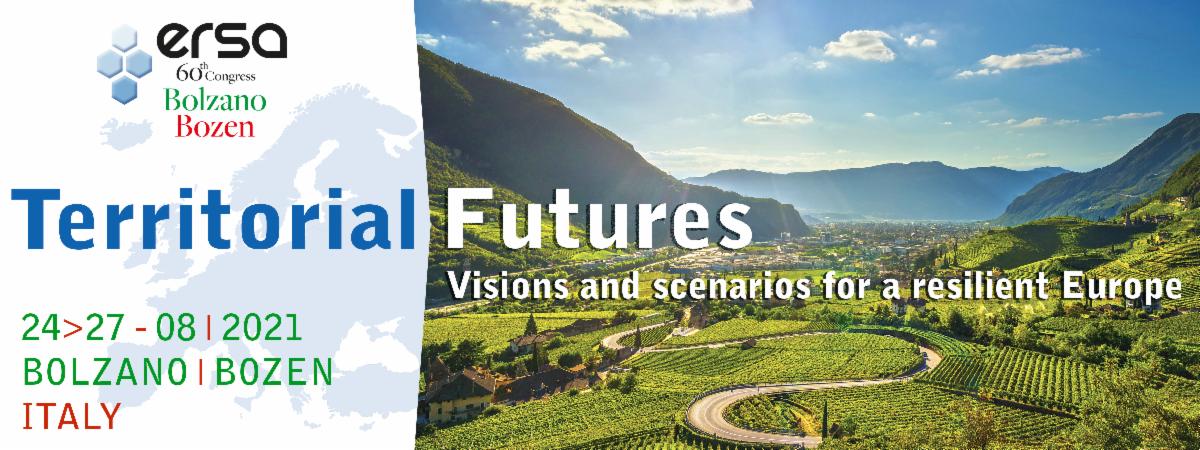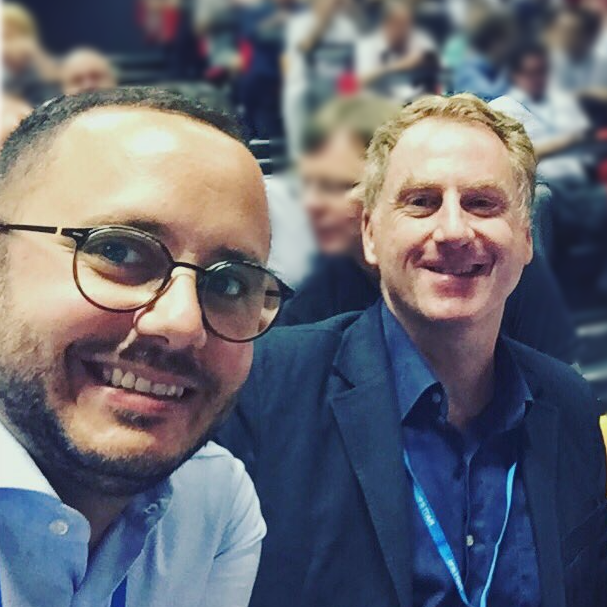Guest Editors:
Andrea Caragliu (Politecnico di Milano)
Marcello Graziano (Southern Connecticut State University)
Submission: 1st Jan 2021 till 1st Mar 2021
Implementing a transition towards a sustainable energy future requires policy changes and innovations at all levels across multiple societal landscapes (Bridge et al., 2013). Production processes, uses, and energy conservation are interrelated policies (Gu et al., 2014), which together move regions closer to their socioeconomic and ecological sustainability targets.
The existing literature has already explored selected socio-spatial mechanisms driving the way energy policies are enacted, with contributions ranging to spatial neighbor effects of diffused renewable energy technologies, to the effects of conservation policies and behaviors within regions (e.g. Graziano and Gillingham, 2015). Nevertheless, insufficient attention has so far been paid to the role of territorial characteristics in explaining the impact of transition policies, public responses, practices, and technologies on energy efficiency among different geographical and institutional contexts (Stoeglehner et al., 2011; Solomon and Calvert, 2017). In fact, it can be argued that the knowledge related to energy best practices in energy transition processes and policies is only imperfectly public, and therefore diffuses with spatial and temporal lags in regions that are geographically or technologically far from the technological frontier (Keller, 2004; Caragliu and Nijkamp, 2016).
This special issue will host benchmark works on the spatial dynamics and spatial effects of policies regulating energy transitions, from conservation to incentives supporting the adoption of new technologies, across a range of diverse global regions.
The issue aims at presenting a cohesive body of empirical findings and policy recommendations for fostering sustainable transition processes targeted at combining spatial aspects and dynamics at the meso and macro level, and the interplay between micro-level dimensions and macro-level reactions to sustainable energy policies.
The issue will welcome theoretical and empirical contributions especially related, but absolutely not limited to the following themes:
- Region-specific policies and best practices on energy efficiency;
- Geographical, institutional, and social-cultural features affecting the space-specific impact of energy policies;
- Spatial lock-in and peer effects in the adoption of energy efficiency technologies;
- Policy and/or technological regional spillovers;
- Spatial macroeconomic patterns of energy transition policies;
- Spatial patterns and drivers in the adoption of energy efficiency technologies.
Altogether, these works will offer a comprehensive picture of the spatial implications and dimensions of energy efficiency policies. The structure of the SI will move from micro studies dealing with the impact of such policies on individual firms, while also showing the territorial features enhancing, or hampering, the adoption of technological-frontier cost functions, to aggregate, general equilibrium studies, showing long-run preconditions for equilibrium to be reached both in the energy, as well as on all other, markets, through CGE simulations.
The Special Issue will thus offer policymakers and academics a comprehensive and internally coherent body of knowledge supporting evidence-based decisions on the optimal allocation of policy support across firms, industries, and markets, while also identifying the territorial and industrial bottlenecks to energy efficiency technology adoption.
References
Barry D. Solomon and Kirby E. Calvert (Eds) (2017). “Handbook on the Geographies of Energy” Cheltenham/Northampton: Edward Elgar.
Bridge, G., Bouzarovski, S., Bradshaw, M., & Eyre, N. (2013). Geographies of energy transition: Space, place and the low-carbon economy. Energy Policy, 53, 331-340.
Caragliu, A., & Nijkamp, P. (2016). Space and knowledge spillovers in European regions: the impact of different forms of proximity on spatial knowledge diffusion. Journal of Economic Geography, 16(3), 749-774.
Graziano, M., Gillingham, K. (2015) Spatial Patterns of Solar Photovoltaic System Adoption: The Influence of Neighbors and the Built Environment. Journal of Economic Geography, 15 (4): 815-839.
Gu, A., Teng, F., and Wang, Y. (2014). “China energy-water nexus: Assessing the water-saving synergy effects of energy-saving policies during the eleventh Five-year Plan”, Energy conversion and management, 85: 630–637.
Keller, W. (2004). “International technology diffusion”, Journal of Economic Literature, 42 (3): 752–782.
Stoeglehner, G., Niemetz, N., and Kettl, K. H. (2011). Spatial dimensions of sustainable energy systems: new visions for integrated spatial and energy planning” Energy, Sustainability and Society, 1(1): 1–9.



 The COVID pandemic has changed the world. Europe is now experiencing several challenges which have significant impacts on the resilience of society and territories. Regional Science can provide valuable answers.
The COVID pandemic has changed the world. Europe is now experiencing several challenges which have significant impacts on the resilience of society and territories. Regional Science can provide valuable answers.






